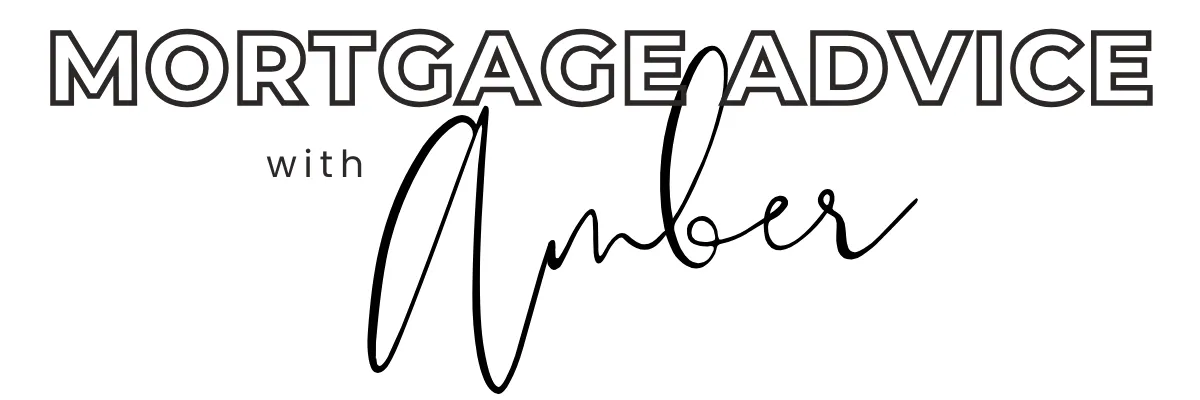
Inheriting a Home with a Reverse Mortgage: What You Need to Know
“The home still belongs to the heirs—the bank does not own it. A reverse mortgage is simply a lien, just like any other mortgage.”

I Inherited a Home with a Reverse Mortgage—Now What?
If you’ve recently inherited a home with a reverse mortgage, you may be feeling overwhelmed—and you’re not alone. The good news is: you have options. Let’s walk through the facts, clear up some common misconceptions, and help you feel confident about your next steps.
🏠 First, What Is a Reverse Mortgage?
A reverse mortgage is a loan that allows older Americans to access their home equity without making monthly mortgage payments. Instead, the loan is repaid when the borrower moves, sells the home, or passes away. The most common reverse mortgage is the HECM (aka Home Equity Conversion Mortgage). A borrower must be, at least, 62 years or older to qualify. However, there are also proprietary reverse mortgage programs available, as well, and these programs can assist homeowners as young as 55 years of age in the state of California.
📌 3 Facts Every Heir Should Know:
The bank does NOT own the home.This is one of the biggest myths. The home still belongs to the homeowner (or now, the heirs). The reverse mortgage is just a lien—like any other mortgage.
You usually have 6 months to take action—but can request up to 12. After the homeowner passes away, heirs typically have six months to repay the loan balance or sell the home. In most cases, you can request two 90-day extensions, giving you up to 12 months if needed.
You can never owe more than the home is worth. Reverse mortgages are non-recourse loans, meaning if the home is worth less than what’s owed, you won’t be responsible for the difference. The most the lender can take is the home itself.
✅ Your Options as an Heir:
If you’ve inherited a home with a reverse mortgage, you can:
Sell the home and use the proceeds to pay off the loan.
Refinance the loan into your own name if you want to keep the home.
Pay off the balance with other funds to retain ownership.
In some cases, walking away may even be the right choice—and you won’t be on the hook for a penny beyond the value of the property.
💬 Final Thought:
Inheriting a home is emotional enough. Understanding your options—and your rights—can help you make a decision that’s financially and personally right for your family.
If you're facing this situation and want help reviewing your next steps, I’m here to guide you or connect you with the right resources.

